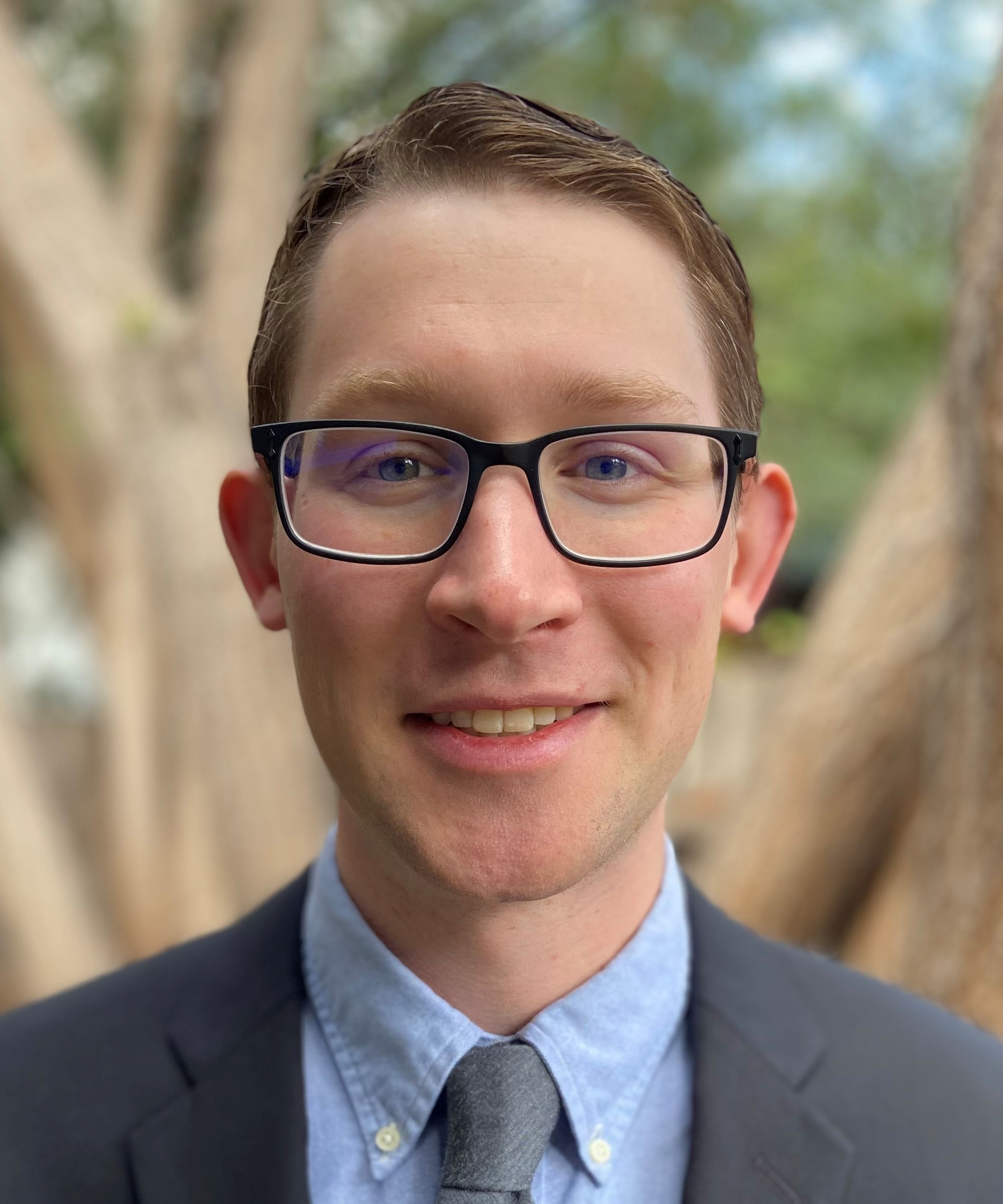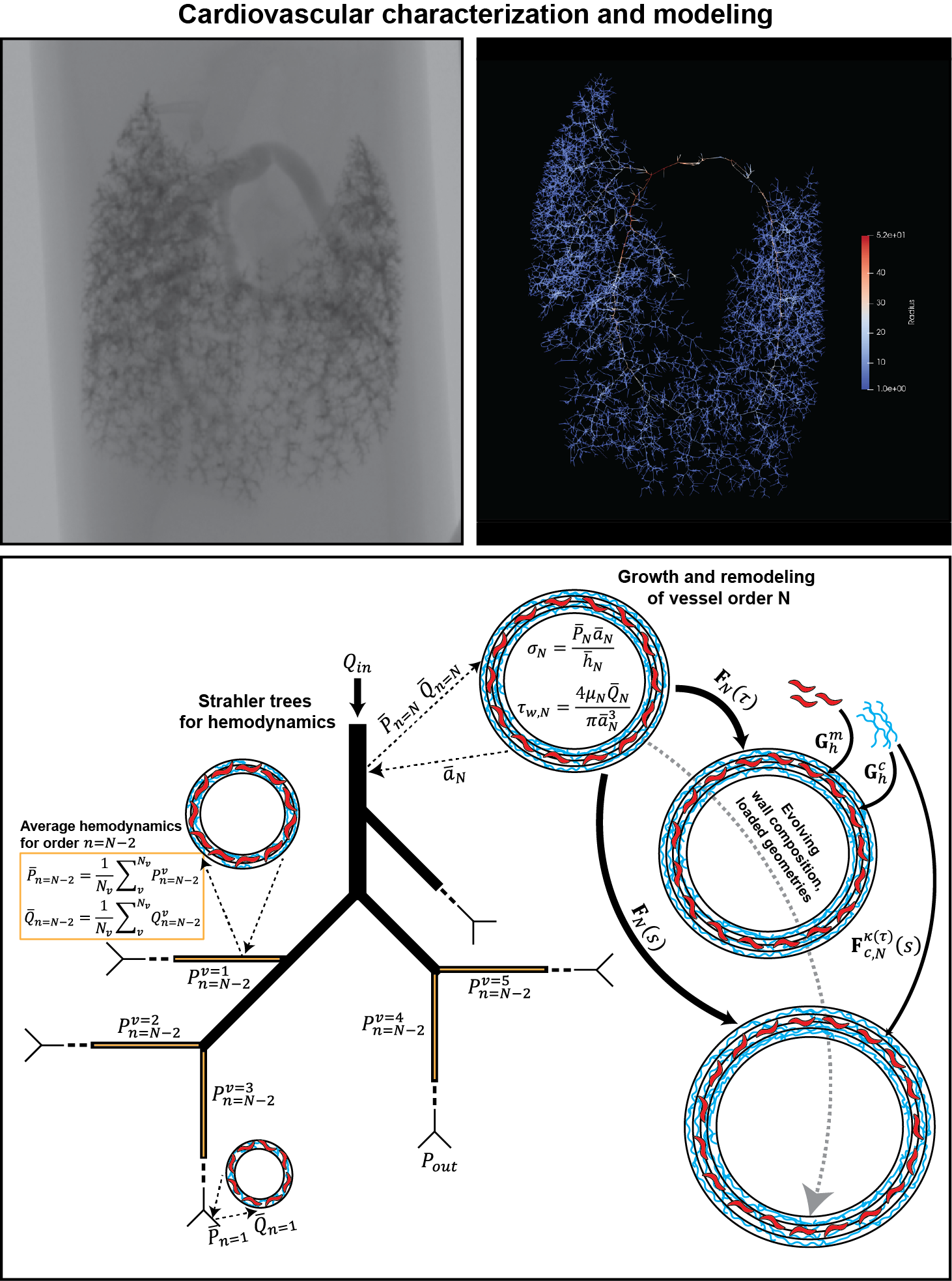
Dr. Jason Szafron
Assistant Professor, Biomedical Engineering
- Scott Hall 4N300A
Scott Hall 4N300A
Carnegie Mellon University
5000 Forbes Avenue
Pittsburgh, PA 15213
Education
- B.S., Texas A&M University, Department of Biomedical Engineering, 2015
- M.S., Yale University, Department of Biomedical Engineering, 2018
- Ph.D., Yale University, Department of Biomedical Engineering, 2020
- Postdoc, Stanford University, Department of Pediatrics, 2023
Bio
Jason Szafron is an Assistant Professor of Biomedical Engineering at Carnegie Mellon University. Professor Szafron received his B.S. in Biomedical Engineering from Texas A&M University, where he completed his undergraduate thesis on endovascular medical device design. He went on to receive his M.S. and Ph.D. degrees in Biomedical Engineering from Yale University studying the computational optimization of polymeric scaffolds for tissue engineered vascular grafts. As a postdoctoral research fellow in the Department of Pediatrics at Stanford University, he worked on experimental and computational methods for quantifying mechanobiological changes during the progression of pulmonary arterial hypertension.
Research
Professor Szafron’s goal is to develop simulation tools for predicting progression and improving treatment options for fetal, pediatric, and adult cardiovascular diseases. His lab has a particular interest in congenital heart disease, pulmonary vascular disease, and fetal growth restriction. These conditions are linked by mechanobiological factors that influence growth and remodeling in gestation and maturation, as well as immunological factors of critical importance both in disease progression and treatment. By employing an experimental-computational approach to biomechanical modeling, his lab works to understand disease etiology and engineer tissue, medical device, and regenerative responses to restore normal function. Current research in his group is focused on developing detailed computational frameworks of the cardiopulmonary system, informed by in vivo experimental data, to improve understanding and treatment planning for cardiopulmonary diseases. He is also interested in optimizing engineered blood vessels to support long-term implantation and function.
Research Interests: simulation tools, cardiovascular disease, pulmonary vascular disease, fetal growth restriction, biomechanical modeling, computational frameworks

Awards and Recognition
-
Parker B. Francis Fellow, Advancing Research in Pulmonary and Respiratory Disease, 2022-2025